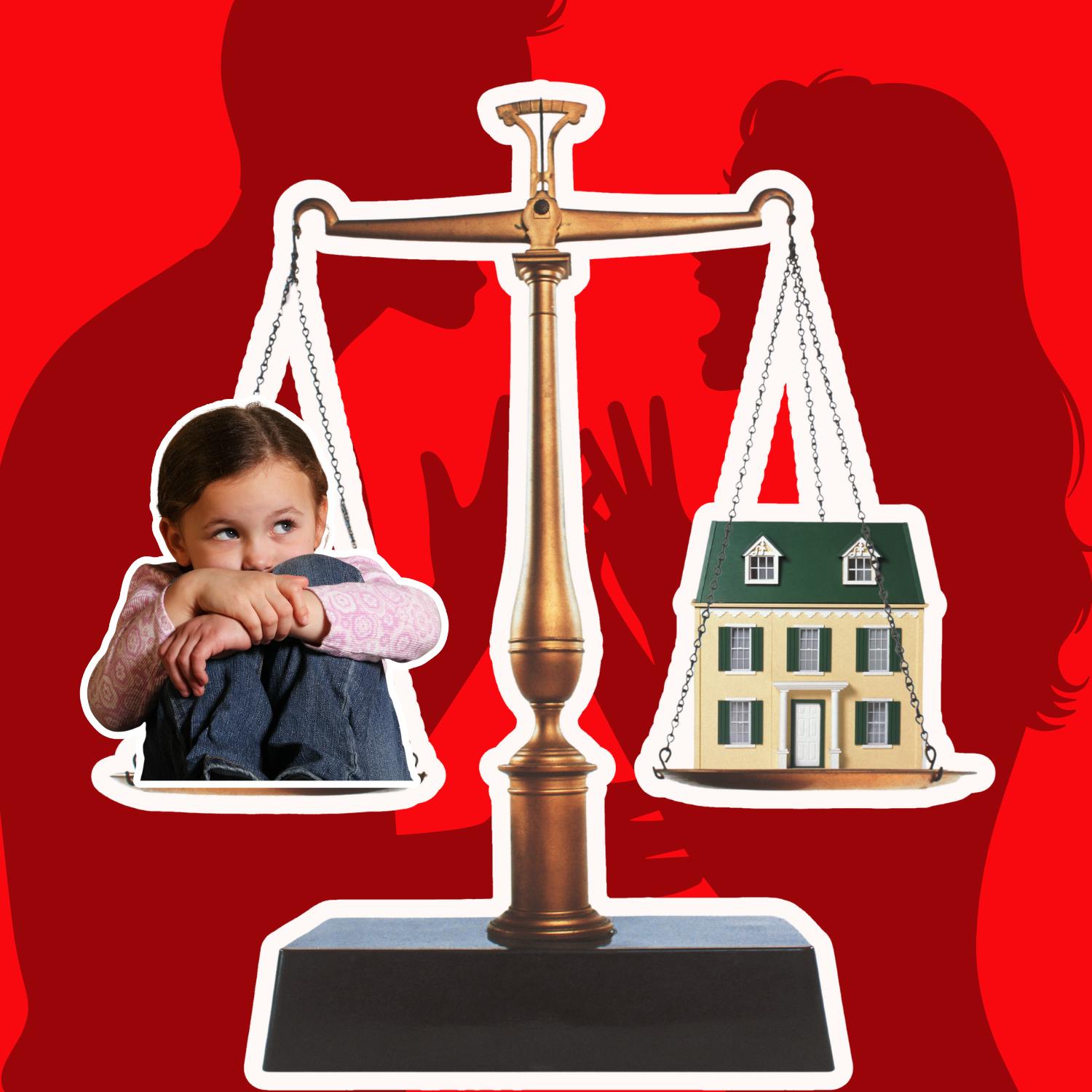What It's Like To Stay Together For the Kids— and the Mortgage Rate
Would you live with your ex to keep a 2% mortgage rate? That’s the question Morgan Dickson and her ex-husband faced— and ultimately said yes. But for them, the decision wasn’t just about dollars and cents. Keeping the home was the best decision for their kids—but the real estate market has become an unexpected character in their story.
Today, Nicole sits down with Morgan , whose story recently went viral after being featured in The Wall Street Journal. Morgan talks about how the interest rate “lock-in effect" played a role in her and her ex's living arrangements, and how they manage expenses as a divorced couple cohabitating. Then, Nicole and Morgan dive into the economics of divorce, and what happens when personal and financial decisions become intertwined.
All investing involves the risk of loss, including loss of principal. This podcast is for informational purposes only and does not constitute financial, investment, or legal advice. Always do your own research and consult a licensed financial advisor before making any financial decisions or investments.
All investing involves the risk of loss, including loss of principal. Brokerage services for US-listed, registered securities, options and bonds in a self-directed account are offered by Public Investing, Inc., member FINRA & SIPC. Public Investing offers a High-Yield Cash Account where funds from this account are automatically deposited into partner banks where they earn interest and are eligible for FDIC insurance; Public Investing is not a bank. Cryptocurrency trading services are offered by Bakkt Crypto Solutions, LLC (NMLS ID 1890144), which is licensed to engage in virtual currency business activity by the NYSDFS. Cryptocurrency is highly speculative, involves a high degree of risk, and has the potential for loss of the entire amount of an investment. Cryptocurrency holdings are not protected by the FDIC or SIPC.
*APY as of 6/30/25, offered by Public Investing, member FINRA/SIPC. Rate subject to change.
See terms of IRA Match Program here: public.com/disclosures/ira-match.
Today, Nicole sits down with Morgan , whose story recently went viral after being featured in The Wall Street Journal. Morgan talks about how the interest rate “lock-in effect" played a role in her and her ex's living arrangements, and how they manage expenses as a divorced couple cohabitating. Then, Nicole and Morgan dive into the economics of divorce, and what happens when personal and financial decisions become intertwined.
All investing involves the risk of loss, including loss of principal. This podcast is for informational purposes only and does not constitute financial, investment, or legal advice. Always do your own research and consult a licensed financial advisor before making any financial decisions or investments.
All investing involves the risk of loss, including loss of principal. Brokerage services for US-listed, registered securities, options and bonds in a self-directed account are offered by Public Investing, Inc., member FINRA & SIPC. Public Investing offers a High-Yield Cash Account where funds from this account are automatically deposited into partner banks where they earn interest and are eligible for FDIC insurance; Public Investing is not a bank. Cryptocurrency trading services are offered by Bakkt Crypto Solutions, LLC (NMLS ID 1890144), which is licensed to engage in virtual currency business activity by the NYSDFS. Cryptocurrency is highly speculative, involves a high degree of risk, and has the potential for loss of the entire amount of an investment. Cryptocurrency holdings are not protected by the FDIC or SIPC.
*APY as of 6/30/25, offered by Public Investing, member FINRA/SIPC. Rate subject to change.
See terms of IRA Match Program here: public.com/disclosures/ira-match.
Press play and read along
Transcript
Transcript is processing—check back soon.
Money Rehab with Nicole Lapin — What It's Like To Stay Together For the Kids— and the Mortgage Rate



